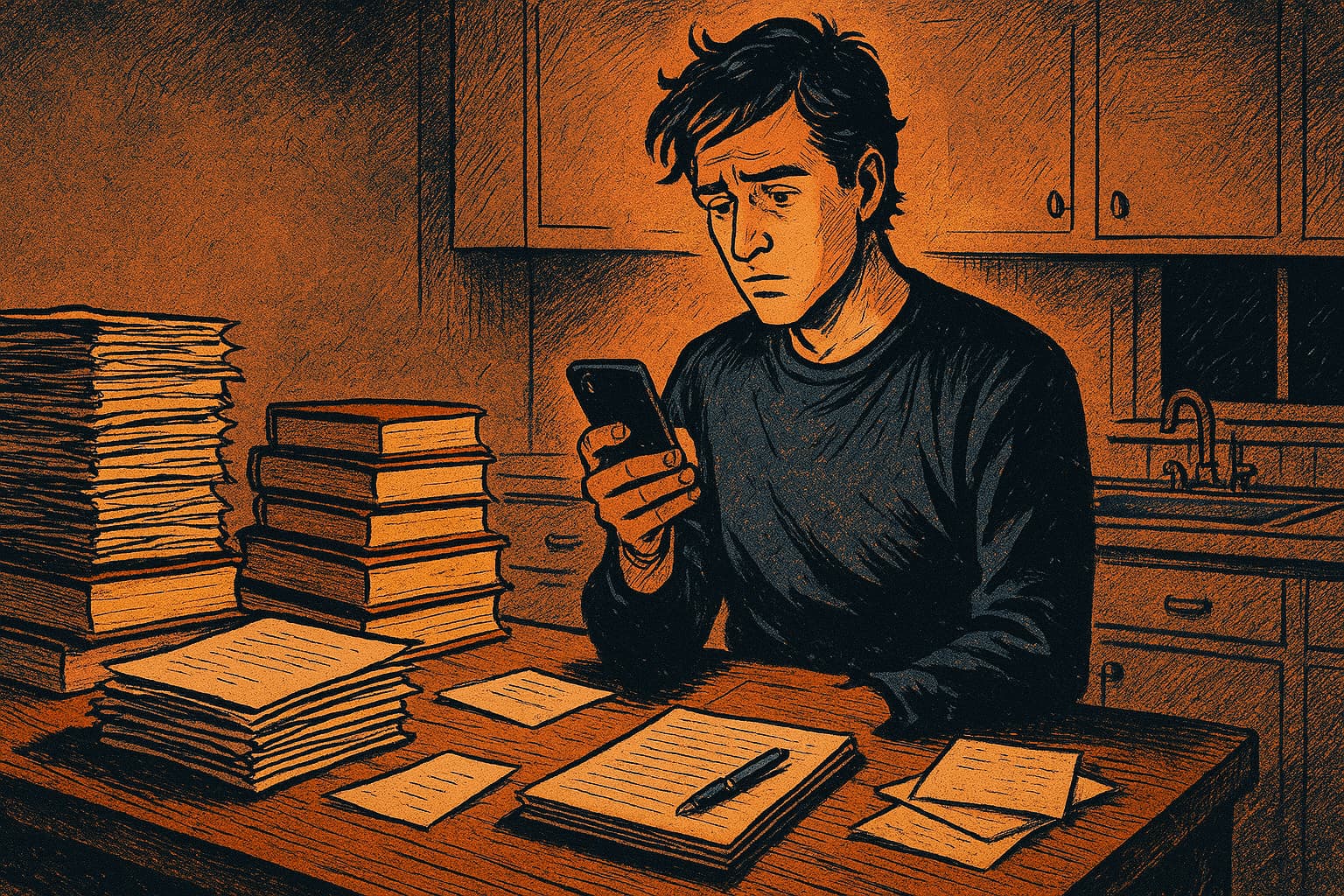
When I sent one of my recent essays to a friend, he replied: “Wow, ChatGPT really does wonders.”
It hurt.
He didn’t just doubt I wrote it—he doubted I thought it. That the content burst from a language model, fully formed, without any of me in it.
And I understand the suspicion. AI tools like ChatGPT can generate code, poems, essays, jokes—entire personas. The barrier between impulse and polished prose has nearly disappeared.
If something was composed with help does it mean it wasn’t created by you? What is the relationship between assistance and authorship? If it didn’t come completely from me does it mean it’s less valuable?
Writing in the Age of AI
Let’s be honest: I love using ChatGPT. Not to outsource thinking, but to sharpen it.
When I’m tangled in half-formed thoughts, it helps untangle them. When I commit logical fallacies it points them out to me. But it’s also incredibly bland when left on its own. The kind of bland that tries to please everyone and ends up saying nothing.
Writers once leaned on thesauruses. Then grammar checkers. Then search engines. Now, we collaborate with models. Not to erase ourselves—but to amplify the signal in the noise.
If you’ve read my essays, you’ve seen it: I’m smashing ideas together to see if they spark. That demands discomfort, contradiction, risk. The parts of writing AI still fumbles—and the parts I lean into.
Who Gets Credit?
The real question here isn’t about ChatGPT or me.
It’s about authorship.
In a world where words can be generated with just 20$ a month, what does it mean to write anymore? To think? To own a thought?
It used to be that if you wrote something well, people assumed you were smart. Now, if you write something too well, they assume you’re using AI.
We’ve gone from admiring the craft to doubting the source. The burden of proof has flipped. You’re guilty until proven original.
So What’s the Point of Writing?
For me, writing is an act of compression. I live, read, listen, think, and write a shit-ton of notes— And at some point, the ideas start making noise.
Writing silences them. It organizes the chaos.
Could I have asked ChatGPT to write this? Maybe. But it wouldn’t have remembered that moment: me, rereading that text from my friend—caught between pride and a strange sense of erasure.
That moment is mine. The synthesis that followed is mine.
And if AI helped sharpen a few lines along the way? Good. I want to sound like my best self.
The New Literacy Test
In the AI age, literacy has to mean more than just reading and writing. It has to mean discernment. It’s about truth. Knowing when something carries meaning. When there’s risk in the words. When someone put their neck out just enough that it could’ve gone wrong.
That’s the signal I chase when I write. And ironically, it’s AI that’s helped me get closer to it. Not by replacing the work, but by challenging it.
We don’t need to write safer. We need to write sharper.
So yeah—maybe ChatGPT does do wonders. But the real wonder is that it made me write this.